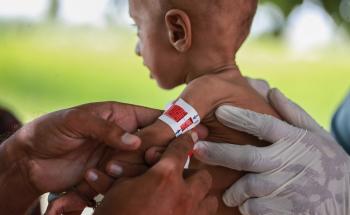
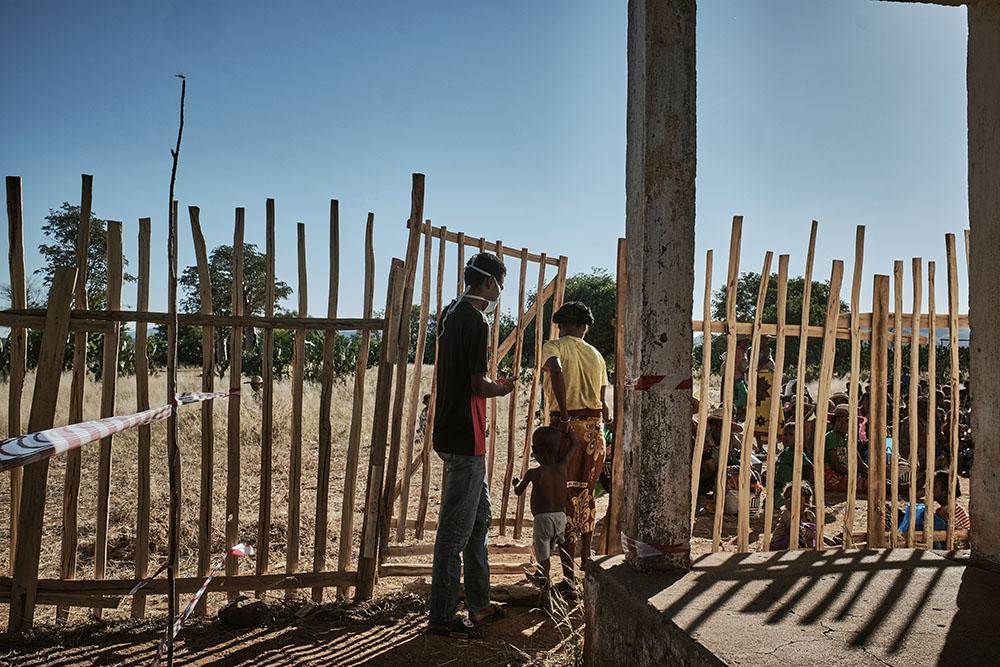
Madagascar
MSF teams returned to Madagascar two years ago to respond to the consequences of the region's worst drought in 30 years. The main priority was the diagnosis and treatment of malnutrition.
Madagascar is affected by tropical storms yearly, which, most recently in 2022, caused five storms and cyclones to wreak havoc on the island.
Our teams launched an emergency response, providing medical care, nutrition support, and water and sanitation services to people affected.
Featured
Our Activities in Madagascar in 2023
Data and information from the International Activity Report 2023.
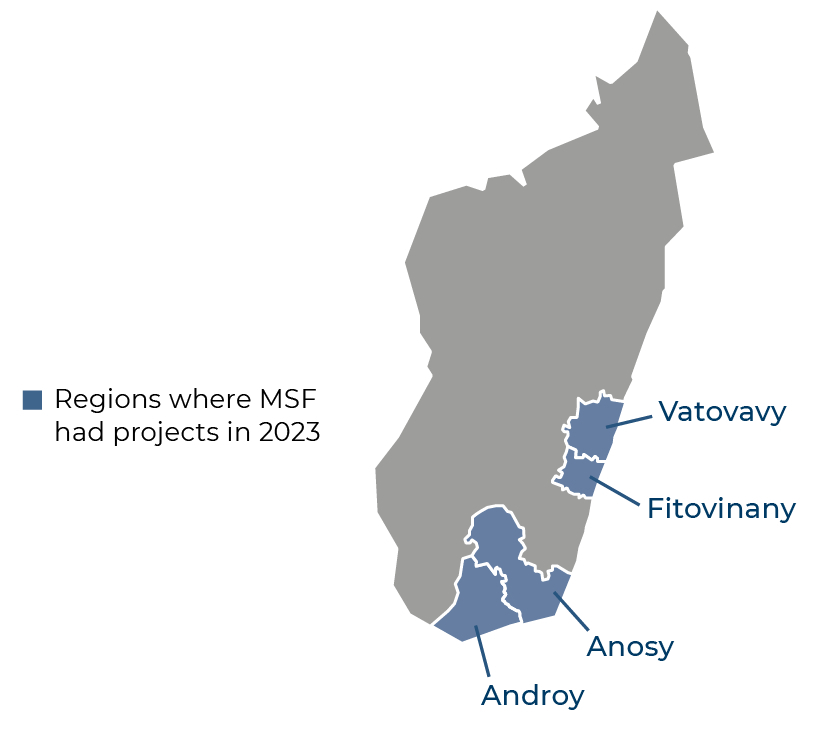
Madagascar is one of the countries most at risk from climate change. Over recent years, it has been hit by numerous powerful cyclones, which have exacerbated health problems for many vulnerable communities.
In 2023, MSF teams responded to alarming rates of malnutrition in southeastern districts, where families faced a triple crisis of food insecurity, malaria and extreme weather events.
After Cyclone Freddy struck in February, we assessed the extent of the damage caused to agriculture in the southeast of the island and the potential impact on the people who depend on it. The cyclone affected almost 117,000 people.
With their crops destroyed, many were forced to rely on ever-dwindling food stocks, resulting in an increase in malnutrition rates. In response, our teams scaled up nutrition programmes and provided treatment for children suffering from severe acute malnutrition, many of whom also had malaria.
Immunisation coverage remains low in Madagascar, with only 49 per cent of children aged 12-23 months fully vaccinated. When measles cases rose in the northeast of the country, MSF supported local authorities in running vaccination campaigns, conducting awareness-raising activities, and providing treatment.
In 2023, we concluded our intervention in the far south of the island, which began as an emergency malnutrition response in March 2021 and evolved into a programme focused on improving access to water in the Androy and Anosy regions. Our teams drilled boreholes, rehabilitated water points, and conducted studies on the issues and challenges surrounding sustainable water-point management. We shared and discussed our insights with state authorities, donors, civil society representatives, businesses, and humanitarian organisations. We also strengthened the capacities of local partners by training technicians who work on the repair and maintenance of hand pumps, and made donations to support their activities, enhancing their efficiency.

306,000
306,
56,100
56,1
14,300
14,3
5,858
5,858

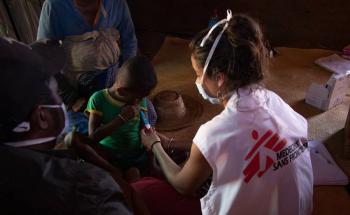
Update: access granted for medical staff
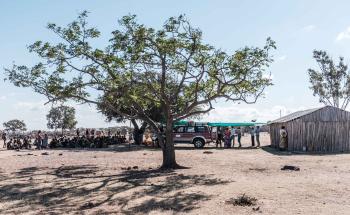
Madagascar: MSF steps up response to nutrition crisis in Grand Sud
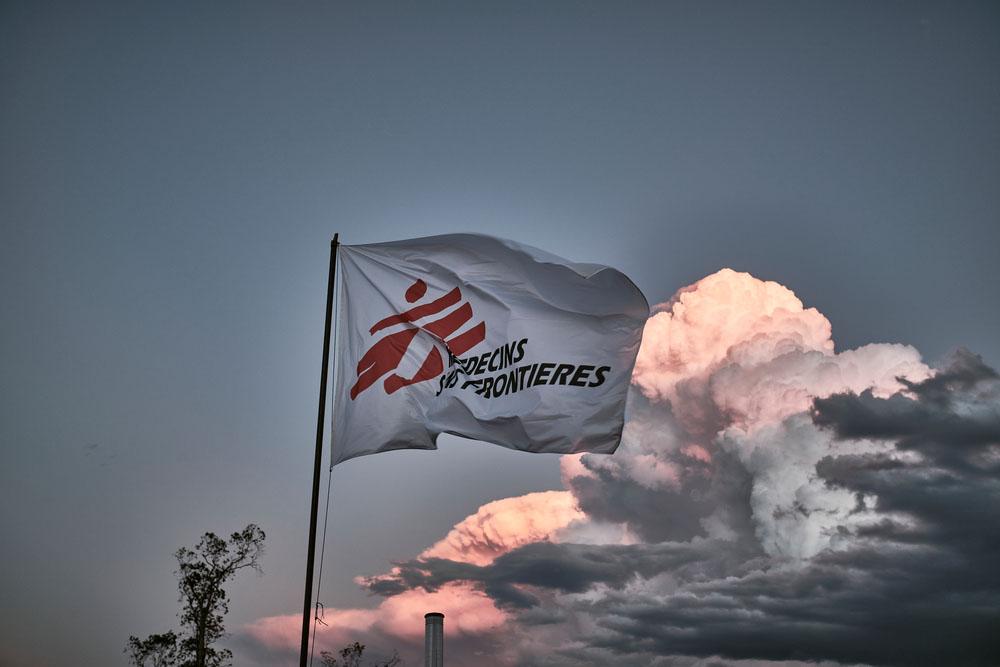
As famine looms in southern Madagascar, MSF appeals for massive increase in emergency food aid
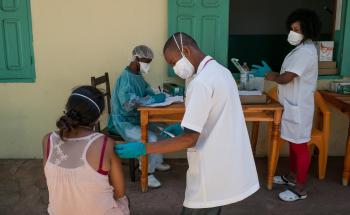
Madagascar: Working with communities to beat the plague

